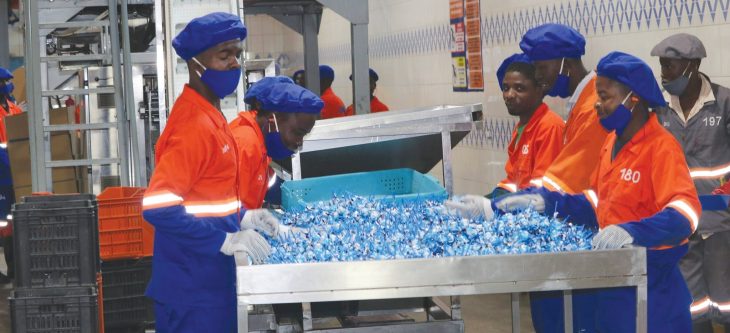
Empowering Human Capital: The Secret to Malawi’s Economic Prosperity
Key Business Points
- Invest in manpower development to mitigate production costs and promote economic growth
- Address labour shortages by prioritizing vocational training programs in key sectors
- Leverage technology to reduce costs in energy production, logistics, and supply chains
Malawi, a country rich in resources and untapped potential, continues to face significant economic challenges. High production costs, inefficient supply chains, and reliance on imported goods are major issues that contribute to the country’s ongoing struggles. Human capital is critical to the country’s socio-economic development, and there is growing consensus among economists, policymakers, and business leaders that investing in manpower development may offer a path toward mitigating some of these challenges and promoting long-term economic growth.
One of the key contributors to Malawi’s high production costs is the skilled labour shortage. The National Statistical Office (NSO) Producer Price Index (PPI) data shows a significant increase in costs across multiple sectors, including manufacturing, electricity, water supply, and food production. This reflects a broader trend of rising costs of production, which is largely driven by inefficient labour practices, outdated technologies, and a lack of skilled workers. Investing in education and skills development is crucial for economic growth in developing nations, particularly in sectors like agriculture, manufacturing, and mining.
The rising costs of production and inflation are particularly concerning for the most vulnerable Malawians. The surge in essential commodities, including food, energy, and transport, has made it increasingly difficult for low-income households to make ends meet. Malawians, particularly those living in rural areas, are disproportionately affected by these price increases. The cost of basic goods such as maize, the staple food in Malawi, has surged dramatically, leaving little room for other necessities like education, healthcare, and savings.
To address these challenges, the government can invest in education and skills development, prioritizing vocational training programs in engineering, technology, and agriculture. Collaborating with local universities, technical colleges, and private sector businesses can provide practical training programs that will directly address labour shortages and help fill key gaps in the economy. Additionally, leveraging technology to reduce costs in energy production, logistics, and supply chains can help improve efficiency and competitiveness.
In sectors like food, energy, and medicine, Malawi remains heavily dependent on imports, leaving the country vulnerable to global food price shocks and economic volatility. Investing in manpower development can help Malawi achieve sovereignty in these critical sectors, reducing dependence on foreign inputs and ensuring more stable prices for Malawian households. By promoting sustainable farming techniques, local renewable energy projects, and increasing local production of essential drugs, the government can help reduce costs and improve the country’s competitiveness in international markets.
What are your thoughts on this business development? Share your insights and remember to follow us on Facebook and Twitter for the latest Malawi business news and opportunities. Visit us daily for comprehensive coverage of Malawi’s business landscape.
- Kanyika Niobium Mine Breaks Ground: Fuelling Malawi’s Business Growth - February 12, 2026
- RBM Tightens Grip: K145bn Treasury Decision Impacts Malawi’s Economic Landscape - February 11, 2026
- Malawi Entrepreneurs: Scale Your SME, Strengthen the Economy - February 10, 2026
